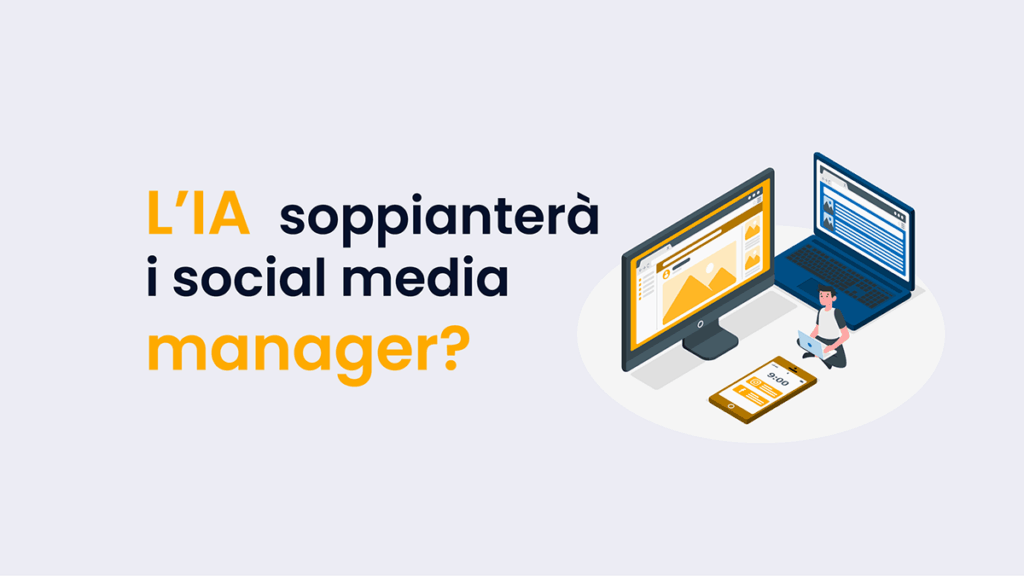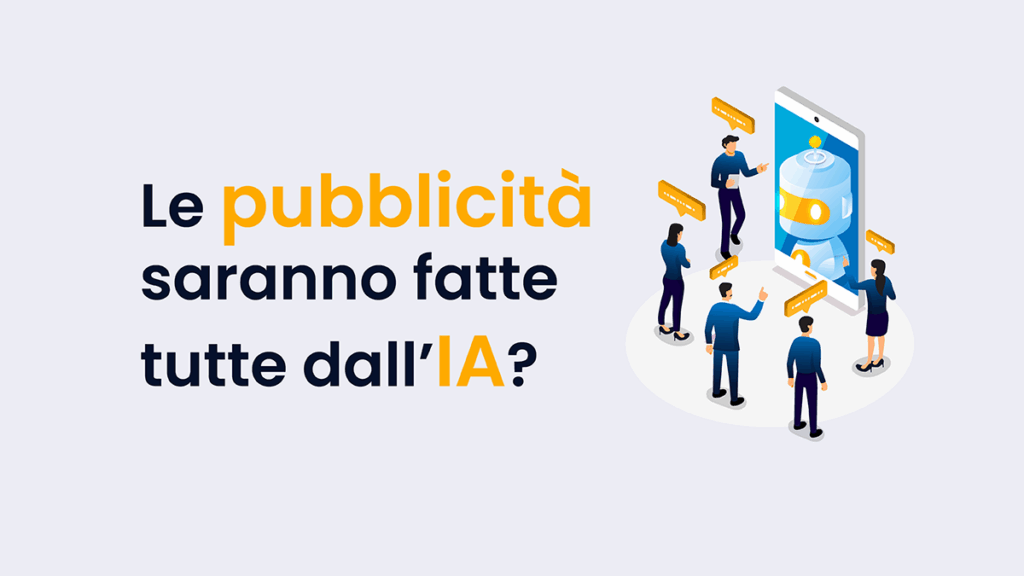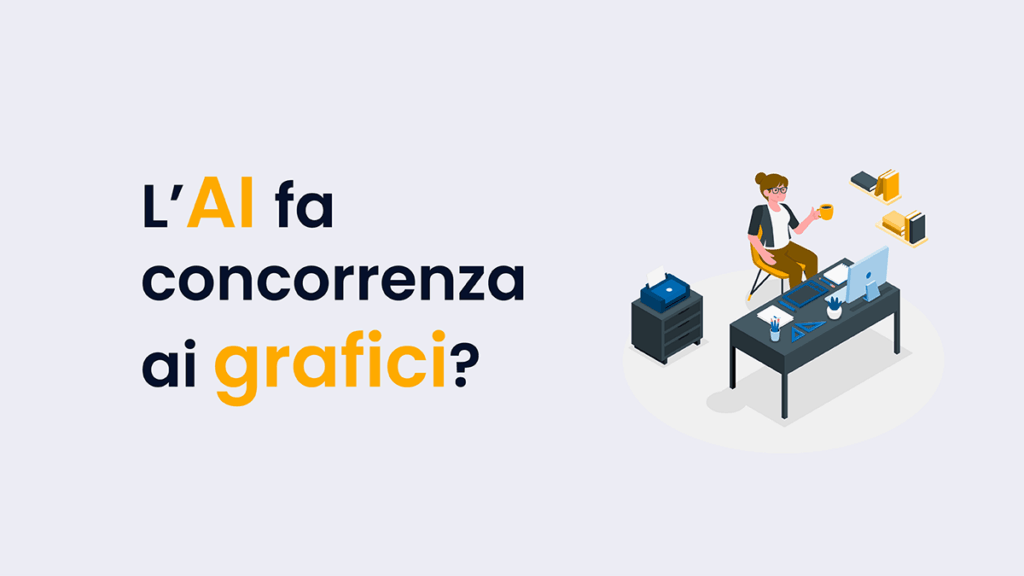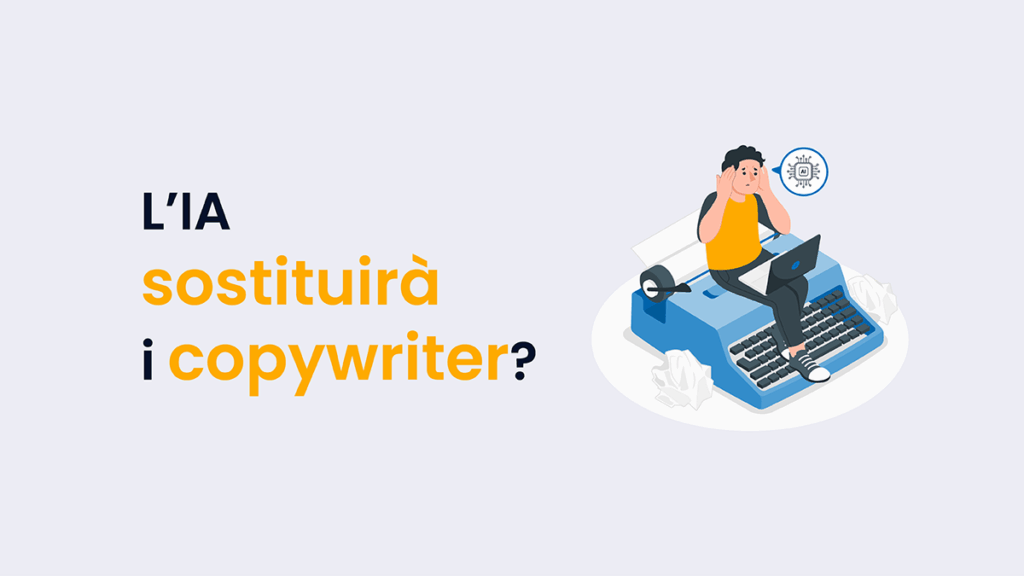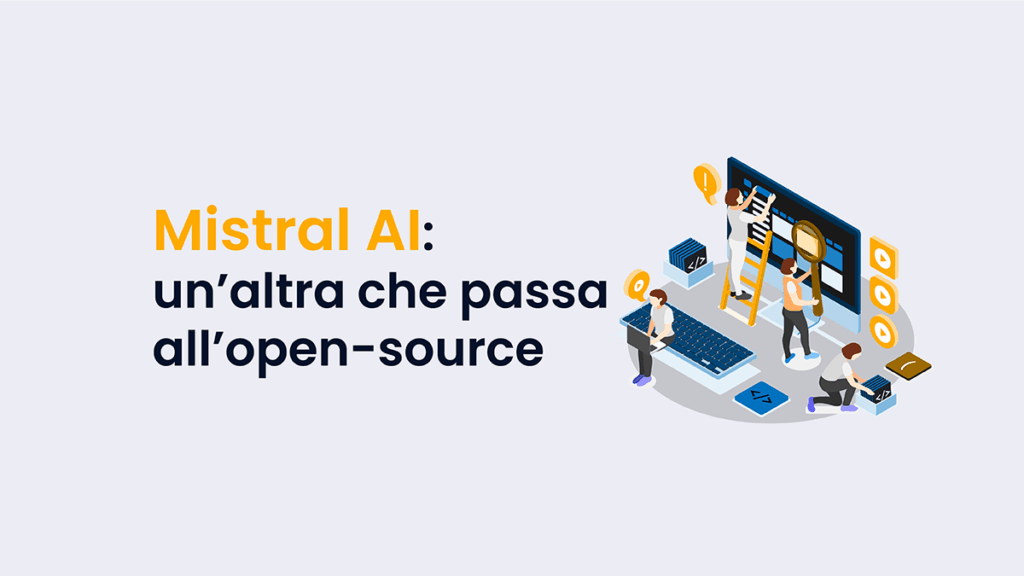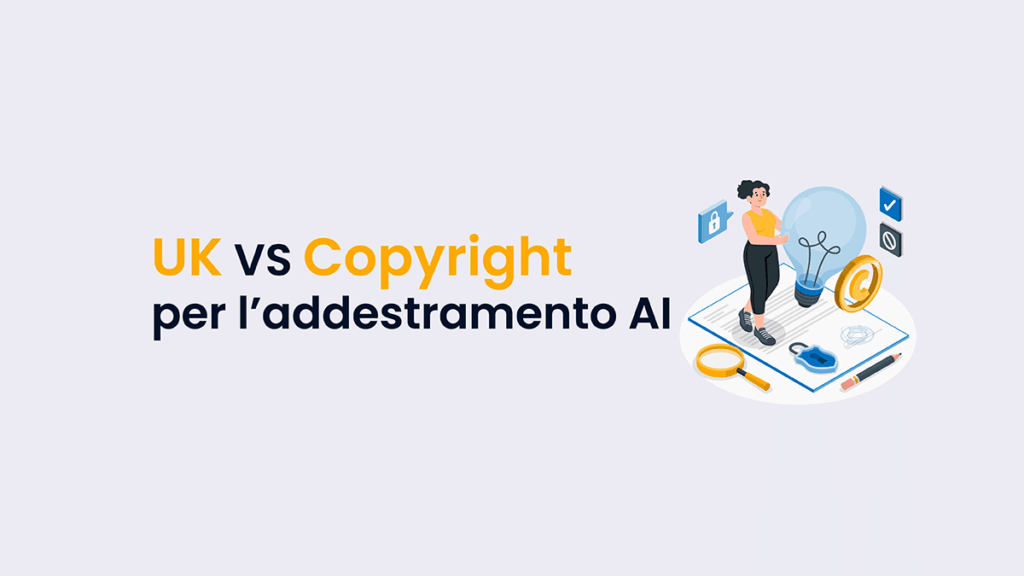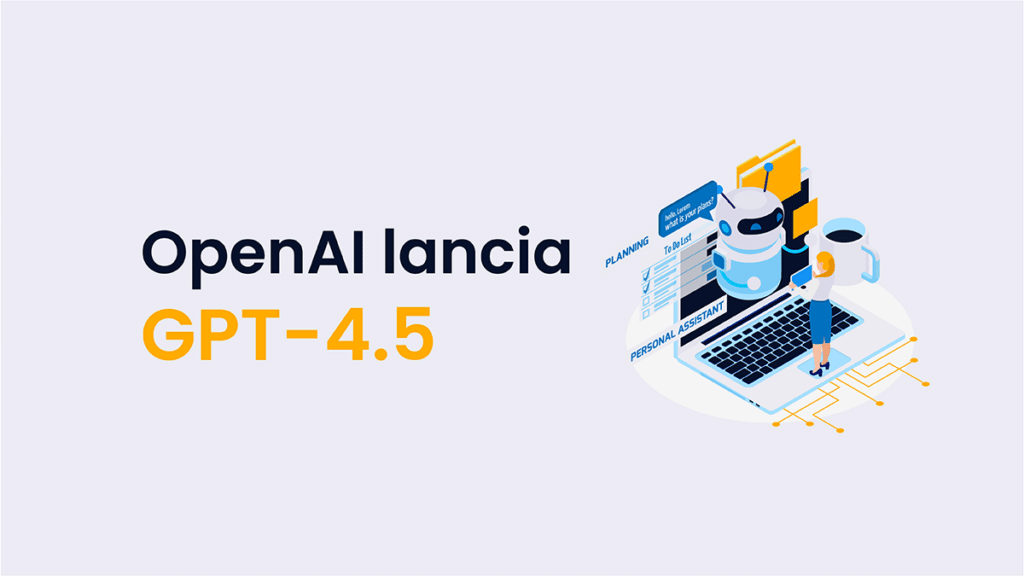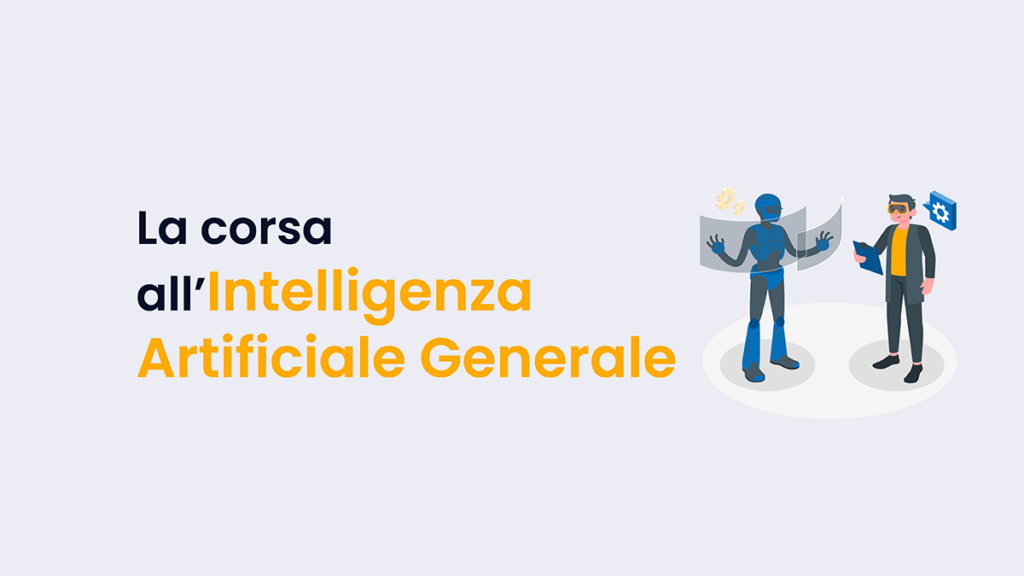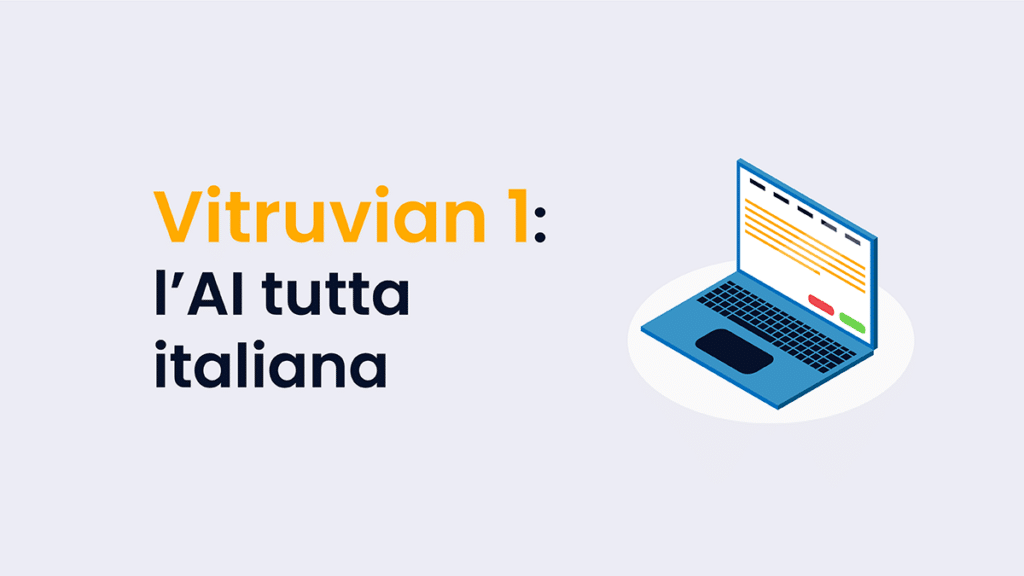Misurare il QI di un’intelligenza artificiale è una sfida complessa, dal momento che alla radice c’è un problema di attendibilità e utilità dei risultati.
Questo perché?
Innanzitutto non esiste un’unica definizione di intelligenza legata agli esseri umani (ne abbiamo già parlato in questo articolo). Infatti esistono tantissimi campi d’applicazione e sfere della vita in cui le persone possono mettere a frutto le loro capacità per adattarsi, capire, creare e agire con cognizione.
C’è chi, per esempio, può non avere una spiccata intelligenza analitica ma avere un’intelligenza fisica innata (propriocezione, consapevolezza della biomeccanica… ). Al contrario c’è chi può essere negato fisicamente, bloccato emotivamente e socialmente, ma avere un’intelligenza analitica sviluppatissima.
Come gli Asperger ad esempio, tra cui pare risultino Steve Jobs, Elon Musk, Mozart, Michelangelo, Bill Gates… e anche Newton.

Questa variabilità dei diversi tipi di intelligenza quindi crea una gran varietà di test.
Indice dei contenuti
Come funzionano i test per il QI e perché sono diversi
Di base i test per il QI valutano principalmente ragionamento logico, capacità di individuare relazioni tra diversi elementi e abilità cognitive come comprensione verbale, ragionamento visuo-spaziale, memoria a breve e lungo termine, memoria di lavoro e velocità di elaborazione.
Ce ne sono diversi tipi che vanno a guardare queste capacità, alcuni sono più indirizzati ad alcune fasce d’età rispetto ad altri, ma una differenza sostanziale si trova nei fattori culturali. Infatti certi test si distinguono e trovano un relativo valore proprio in questo: l’annullamento di fattori culturali.
E questo è un primo passo per provare a elaborare test adatti a un’intelligenza artificiale e quindi attendibili.
Se consideriamo che poi l’intelligenza umana è influenzata oltre che dalla cultura, dall’istruzione e dalle esperienze personali, diventa quindi difficile sviluppare dei test di QI per intelligenza artificiale che siano indipendenti da questi fattori. Proprio perché la maggior parte dei test considera questi fattori.
Test QI umani applicati all’Intelligenza Artificiale
Nessuno dei test del QI esistenti può essere utilizzato in maniera attendibile al 100% per misurare il QI di un’intelligenza artificiale. Ciò è dovuto al fatto che questi test sono stati progettati per essere utilizzati con gli esseri umani, non con le macchine.
Alcuni ricercatori però hanno già tentato di adattare i test del QI per renderli più adatti alle macchine. Ad esempio, il test di Raven’s Progressive Matrices è stato utilizzato per testare il QI di alcuni sistemi di intelligenza artificiale.
- ChatGPT: Questo chatbot è stato addestrato su un enorme dataset di testo e codice. È stato sottoposto al test di Raven’s Progressive Matrices, ottenendo un punteggio di 129, che è superiore alla media umana.
- Kosmos-1: Questo sistema di intelligenza artificiale è stato sviluppato da Microsoft. È stato sottoposto a una serie di test di intelligenza generale, ottenendo punteggi elevati in tutti i test.
- DeepMind AlphaGo: Questo sistema di intelligenza artificiale è stato sviluppato da DeepMind, una società di Google. È stato in grado di battere il campione del mondo di Go, Lee Sedol.
È importante notare che questi risultati non sono una misura definitiva dell’intelligenza delle intelligenze artificiali. Sono semplicemente una misura di come le intelligenze artificiali hanno eseguito in specifici test.
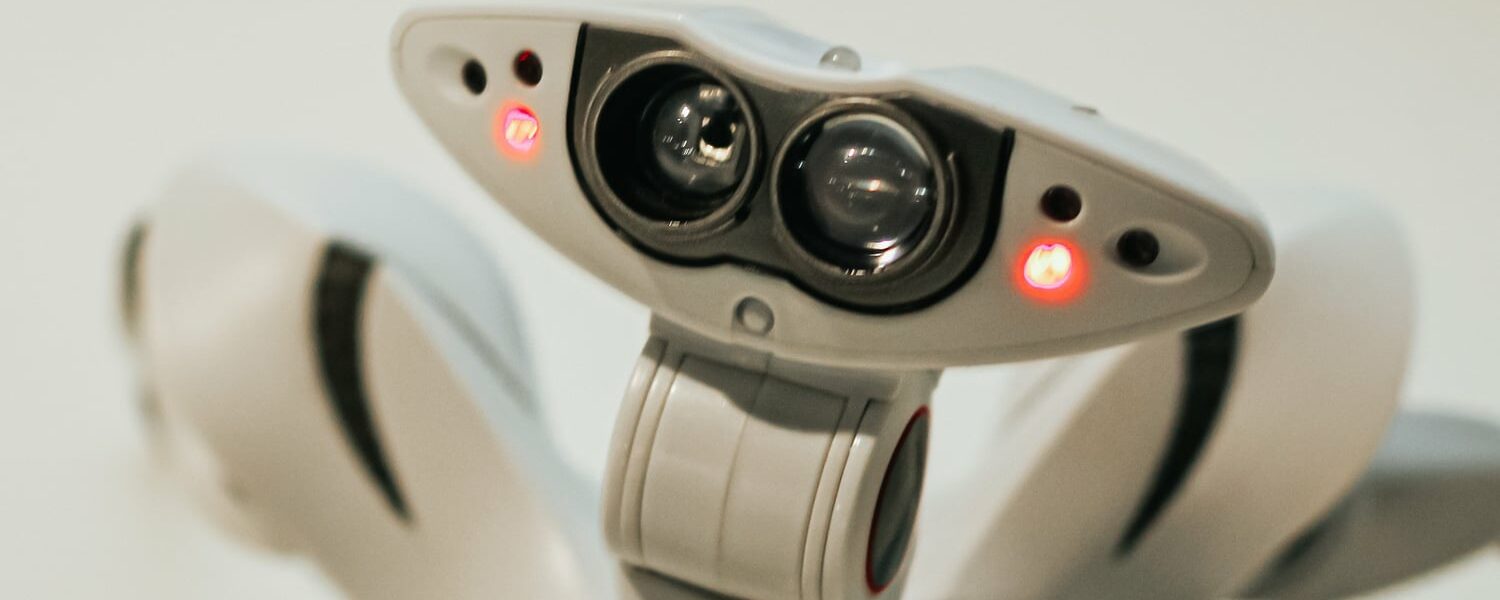
Test QI Intelligenza Artificiale: sono stati fatti? Esistono?
La misurazione del QI dell’intelligenza artificiale è ancora una disciplina relativamente giovane, e non esiste un consenso scientifico su come farlo in modo accurato e affidabile. Nonostante queste sfide parliamo di un’area di ricerca importante, perché ci permetterà di comprendere meglio le capacità cognitive dei sistemi di intelligenza artificiale e di valutarne i potenziali benefici e rischi.
Si sta lavorando attualmente per sviluppare dei metodi ad hoc per valutare le abilità cognitive dei sistemi di intelligenza artificiale spogli di simboli scontati per la cultura e i sistemi che riconosce un essere umano, spogli di aspetti che partono dall’assunto che a compiere questi test sia una persona con capacità di astrazione e di comprensione del contesto.
I progressi in questo campo non escludono che la misurazione del QI di un’intelligenza artificiale è un problema complesso, come abbiamo visto. Per capire della problematica, provate a parlare con ChatGpt o con Google Bard. Capirete che se provate a mettere alla prova le capacità cognitive di un’intelligenza artificiale, senza darle coordinate precise e inequivocabili, è molto difficile avere risultati attendibili, quindi riproducibili secondo una misura oggettiva.
La misurazione del QI dell’intelligenza artificiale solleva anche alcune questioni etiche. Ad esempio, è importante evitare di utilizzare dei test che siano discriminatori o che favoriscano alcuni sistemi di intelligenza artificiale rispetto ad altri. Considerate inoltre che le diverse IA stesse sono sviluppate secondo parametri e scopi precisi. Quindi già definire “intelligenza artificiale” in maniera univoca è inesatto e fuorviante.
Da tutto questo nasce la complessità.
Conclusione
Quindi, per rispondere alla domanda principale dell’articolo (cioè se ha senso misurare il QI di un’intelligenza artificiale), sulla base di quanto detto finora possiamo dire che ha senso. Ma lo ha nella misura in cui il test si riesce ad adattare a parametri uniformabili a determinate tipologie di intelligenze artificiali prese in esame. Il senso che avrebbe, dati questi presupposti, è capire meglio limiti e possibilità, rischi e benefici, delle capacità cognitive delle IA.

